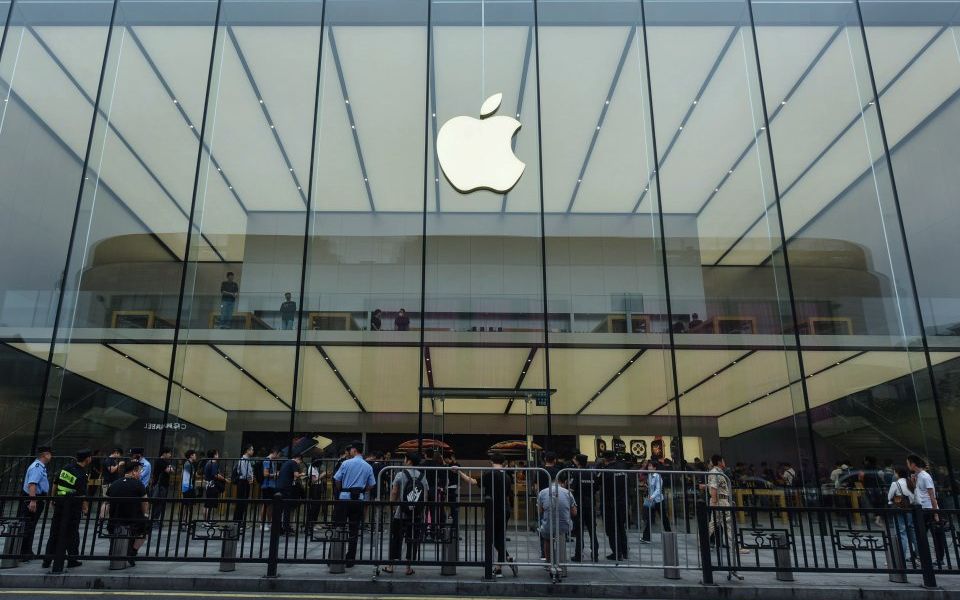Failure is at the core of Apple’s success

IT’S OFTEN SAID that, while success is celebrated in the US, in the UK it’s only done out of a churlish sense of wanting that person to subsequently fail.
As a regular commuter to the States – I spent last week meeting with clients in New York, and I’m writing this in Soho House in downtown Chicago having just come out of a client meeting – I’ve seen these differences first hand. In modern business circles in Britain, people don’t like to talk about their failures, whereas in America they embrace it. They actually have an incredibly positive attitude towards failure, and acknowledge that most people actually fail their way to success.
It’s worth remembering that, during its history, Apple has been days away from certain death, which is why the news that the company is now worth $1 trillion (£767bn) is so inspiring. The people who embrace the lessons of failure are the ones who go on to succeed.
I work for global chief executives and entrepreneurs, and they love to hear stories of failure. I was bankrupt myself a decade ago, and American clients like hearing about how I bounced back. They tell me it makes me a better entrepreneur, because I have been seasoned by failure, just as Apple has. The Americans are inspired by failure in a way that British people aren’t.
As an Apple user myself, it’s no surprise to me that the company, through a combination of Steve Jobs’ vision and Tim Cook’s ambition, has risen to this position – and it’s because of the naysayers, not despite them.
Any brand worth its salt has its critics, and as a global reputation manager I can see the value in legitimate complaints. After all, that’s exactly what has motivated many people to succeed. Without detractors, you’ll never have the opportunity to prove anyone wrong. Don’t like the interface? We’ll change it. Battery life not good enough? It is now. Ever wondered what you’d look like as an avatar? Now you can! Every issue raised is a chance to improve, and none more so than with tech companies. This is what makes Apple products so desirable. It’s not just down to fancy marketing; the genius of what Apple has done is to play the long game. After every failure comes an improvement, a bounce back – and it doesn’t stop. It never will.
So while reports of declining sales continue to circulate, I wouldn’t sound the death knell for Apple just yet. This isn’t the first time sales have dipped, and there’s no reason why they shouldn’t again recover. I can only imagine the sense of satisfaction Tim Cook feels today, and I don’t blame him. It has taken a great deal of innovation, risk-taking and forward thinking to get the company where it is today, and I for one am full of admiration for a job well done.